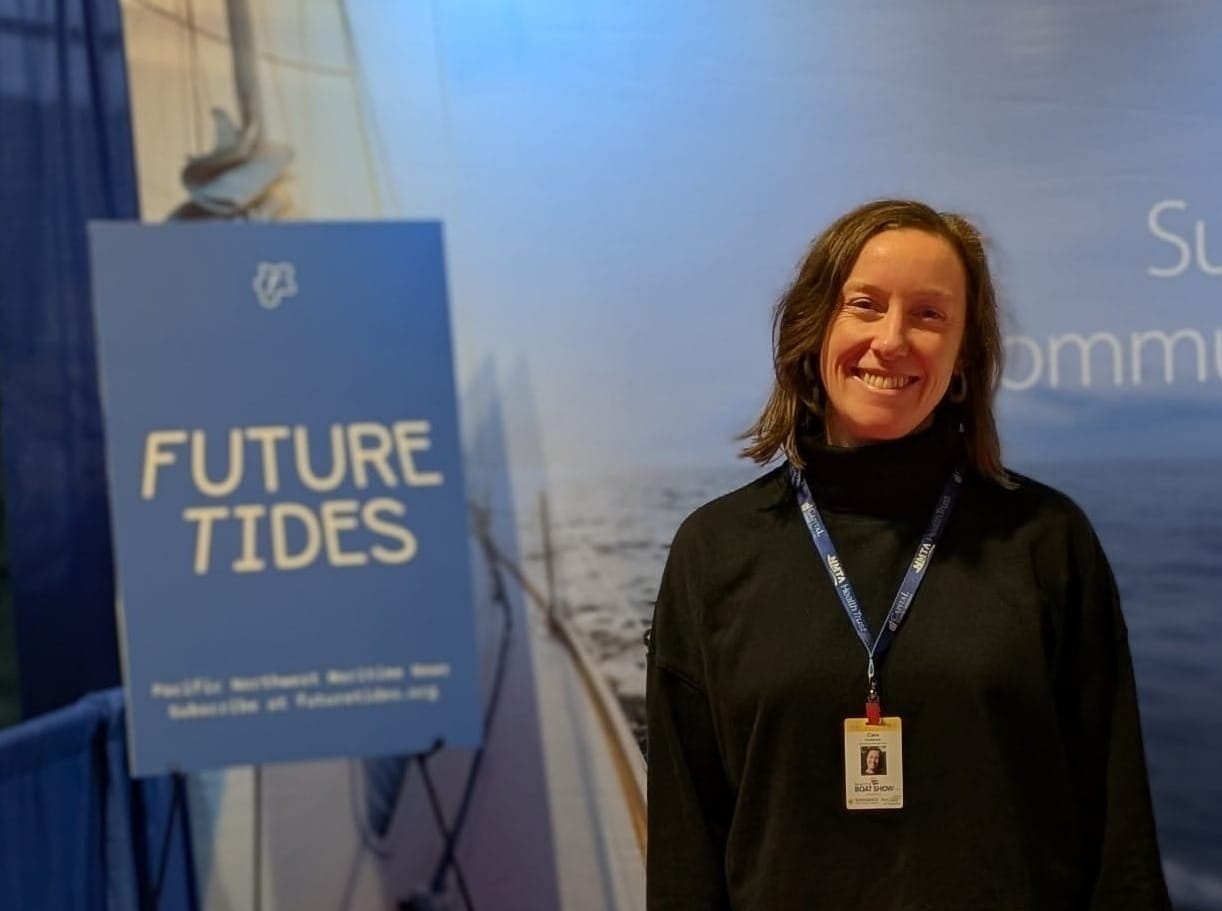
Tiny News Collective exists to support early-stage news entrepreneurs all across the United States who are raising their hands to provide community-focused news and information and places for community connection. We are who we are because of the founders we serve. And we want the journalism field, the civic information space and beyond to know about the creative, impactful work of these founders. To that end, we are thrilled to highlight their stories through an ongoing series of profiles and features.
For our latest feature, we caught up with Cara Kuhlman, who founded Future Tides in 2021 to combine her love for journalism with the maritime world. Future Tides covers how people “work, play and live on the Pacific Northwest’s waterways” to help connect the maritime community. Cara talked about her interest in sailing and previously living on a boat, her walking tours around Seattle waterways, and the first Future Tides meetup at the recent Boat Show in Seattle.
I noticed a gap that existed in our region. I've come to learn this is very common in other water-oriented ports and communities. There just wasn't a news outlet serving everybody who shared our waterways.
I was out on my sailboat that I lived on for a number of years and saw the commercial traffic (which includes large container ships coming and going from Seattle) and the military presence with the Navy, so sometimes I would see those vessels. We see kayakers, kite boarders, wind surfers, cruise ships, tour boats – so much activity on the waterways. I knew about publications that cater to the sailing community or the power boating community or the fishing community, but not really anything that was trying to connect those groups that I felt were very siloed.
There is almost a culture of animosity between sailors and power boaters or fishing folk and other boaters, but at the same time I know a lot of sailors with power boats or I know people who live on a sailboat and fish in Alaska. So there's actually more in common than different, and that's not even factoring in all the people who live along our waterways. When you really start thinking about all the people who are connected to the water, there wasn't anything serving them.
Another gap I saw was a connection between people working in the industry and people using waterways in a recreational way. Again, there's a lot of shared interests and a lot more in common there. And the existing publications cater more to the industry and are still very print-oriented. That really frustrated me to the point that I had started collecting ideas in a notebook, and then I participated in an entrepreneurial journalism program at CUNY. I brought up those ideas and observations into the program, which resulted in Future Tides as a digital-first publication.
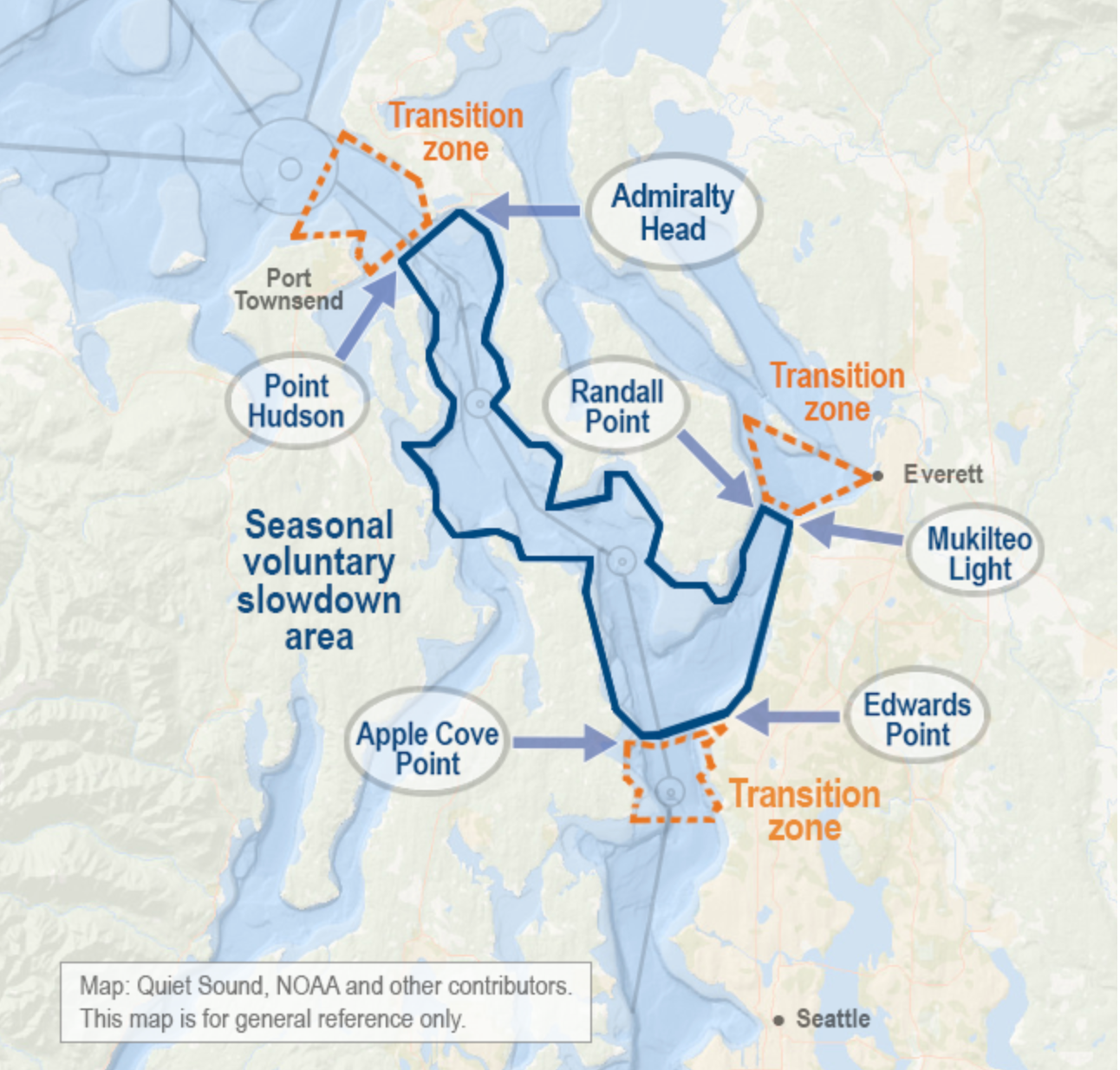
Yeah, one story in particular that I think checked a lot of boxes. It was about a program here called Quiet Sound, which is a voluntary effort for commercial ships to slow down in the areas where endangered orcas are during a certain time of year. Like a lot of new initiatives related to whales, it got a lot of attention when it launched.
It was covered by numerous local publications, but I followed up after two years of the program, reporting how it had gone between year one and year two. The data was pretty new, so I made an effort to explain how they were measuring it, how it was being reported. I got really good feedback from the industry that it was a very accurate article, which hadn't been the case with some of the other coverage.
The article also tied back to a Canadian program that had provided a blueprint. That's another theme here: The water doesn't really care whether it's in the U.S. or Canada; there are a lot of intersections between us and British Columbia. So that story really resonated with both the public and professionals, and it met my standard of wanting to be sure I'm following up on stories.
That was great. I really viewed it as one big experiment. I had attended the boat show for a number of years. One of its strengths is how it brings the local industry to one place at a fun time of year, February. It also really brings in people who are at various boating levels and experience that are curious or very engaged.
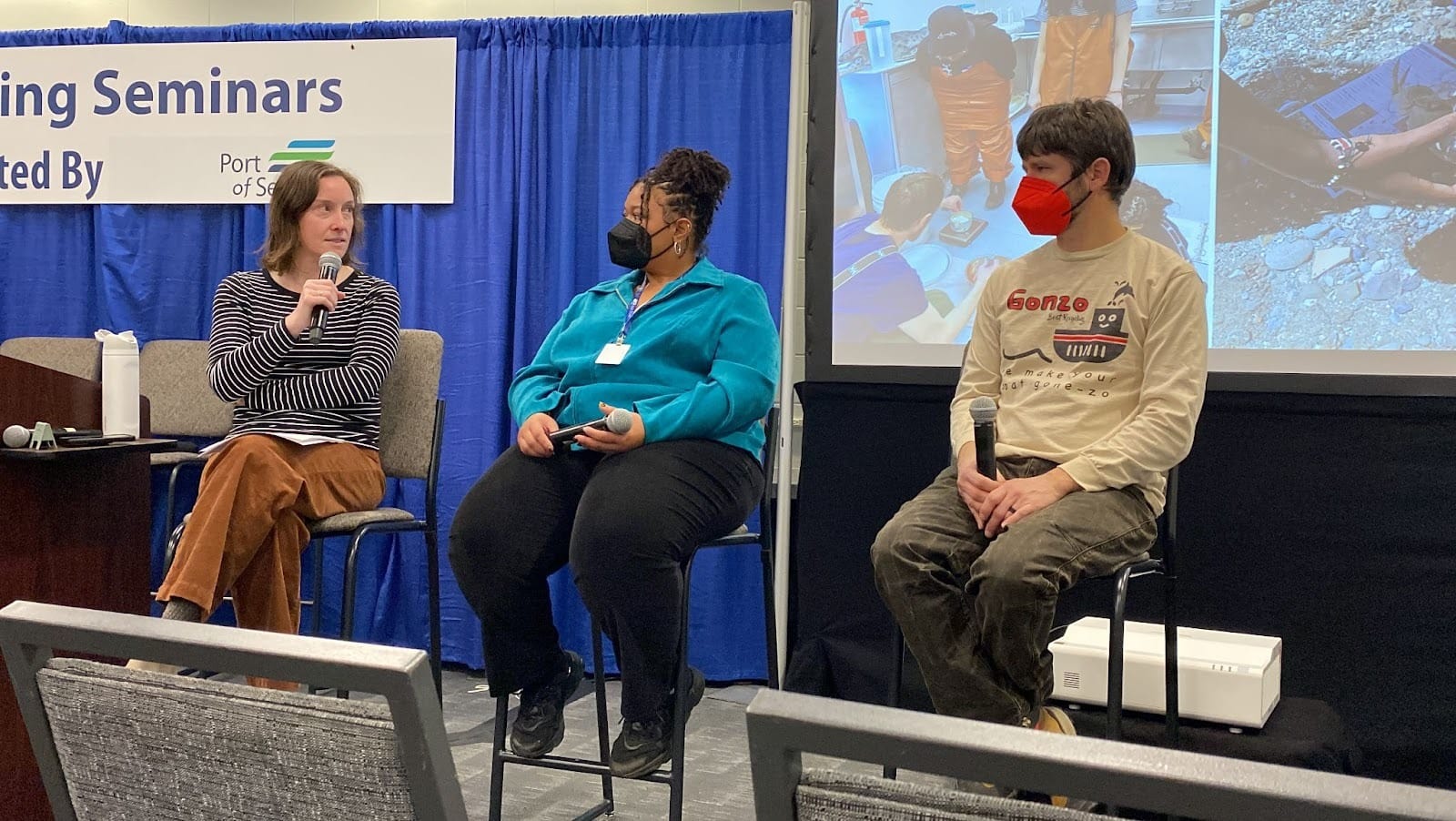
I had an opportunity through the Port of Seattle to have a booth for Future Tides for one day at the show. So I did tabling on Saturday, which is one of the higher traffic days and really enjoyed that. It pushed me, because as a digital publication in an exhibition hall with anchors and mattresses and all these tangible products and services, I had to be creative with how I engaged with people and talked to them about Future Tides. I got stickers for the first time.
And I participated in three different seminars. One about women and boating, which was really an honor because I had first attended that in 2017 and found it really inspirational. There were so many great conversations at that event, which was super-packed with a happy hour afterwards. I did a talk that was a version of my walking tours, and I felt like the translation of that into a presentation overall went pretty well.
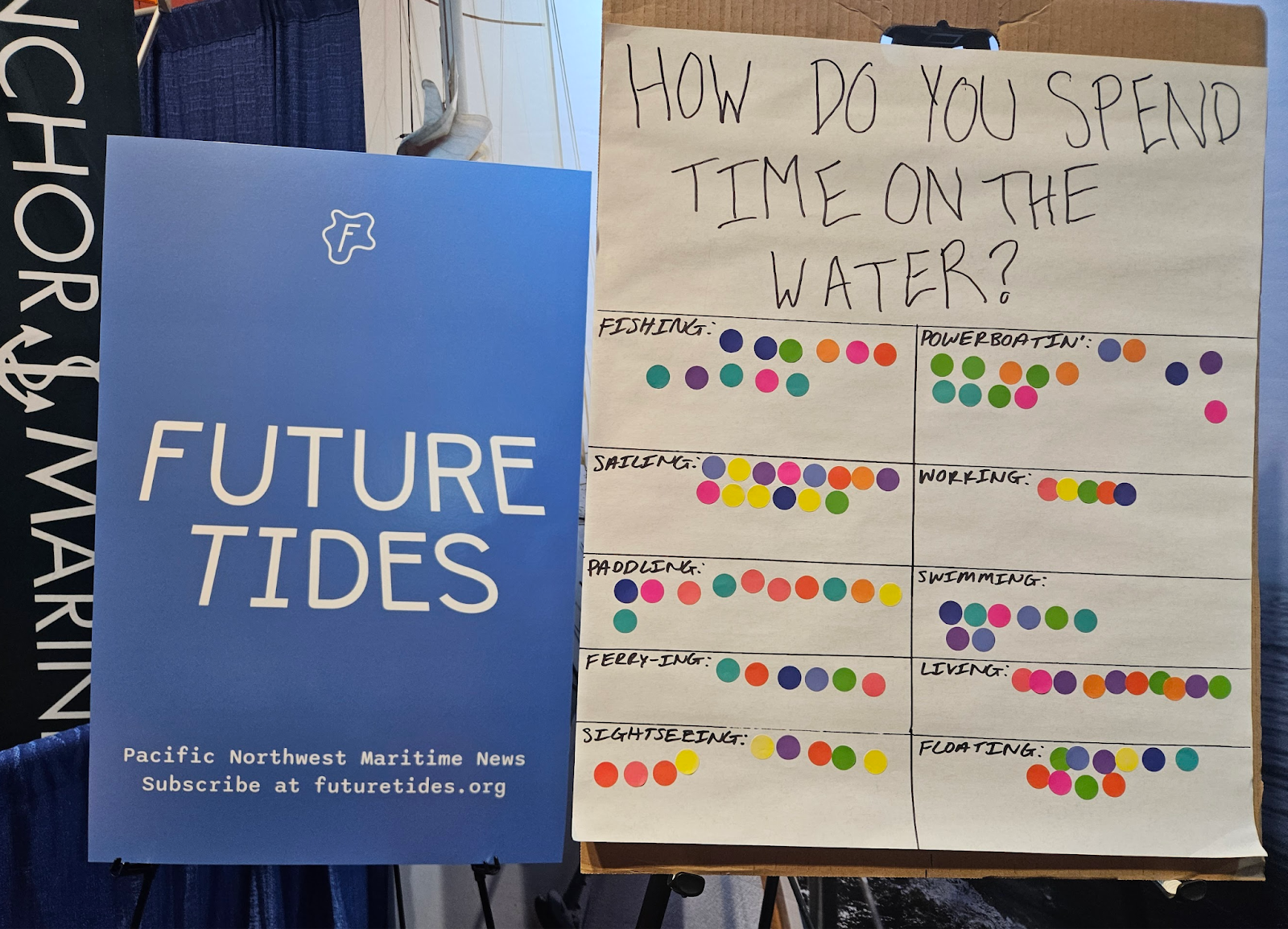
And then the last panel I did, I was the moderator / panelist with what I would call younger maritime business owners — we've all started an organization within the last five years. We shared some things we had learned and talked about where we are going both with our businesses and our observations of the greater community. After that we headed to a meetup which was fun, very casual. One of my main activities was having people use stickers to vote on coverage topics for Future Tides. That's something I'm really going to be doing repeatedly throughout the year to help me narrow down topics to cover. That was a great event, seeing people connecting as well.
Everything I did, I plan to do again in some capacity. The boat show created a good push to bring all those different engagements and in-person activities together.
They have been exceeding my expectations, but are not boat-based yet. Just walking tours for now. I did a very minimal pilot version of the tours last summer. I had multiple opportunities to reflect and pull some takeaways from that. I’ve been explaining the tour idea through grant applications or other community partner conversations, so there's a lot of excitement about them.
I’m excited to be a 2025-26 RJI Fellow which will support my continued exploration and experimentation with these tours. It will also allow me to help other publishers. After the upcoming tour season, I will produce a digital guidebook to help other newsrooms explore tours as a way to generate revenue, engage communities and share their reporting.
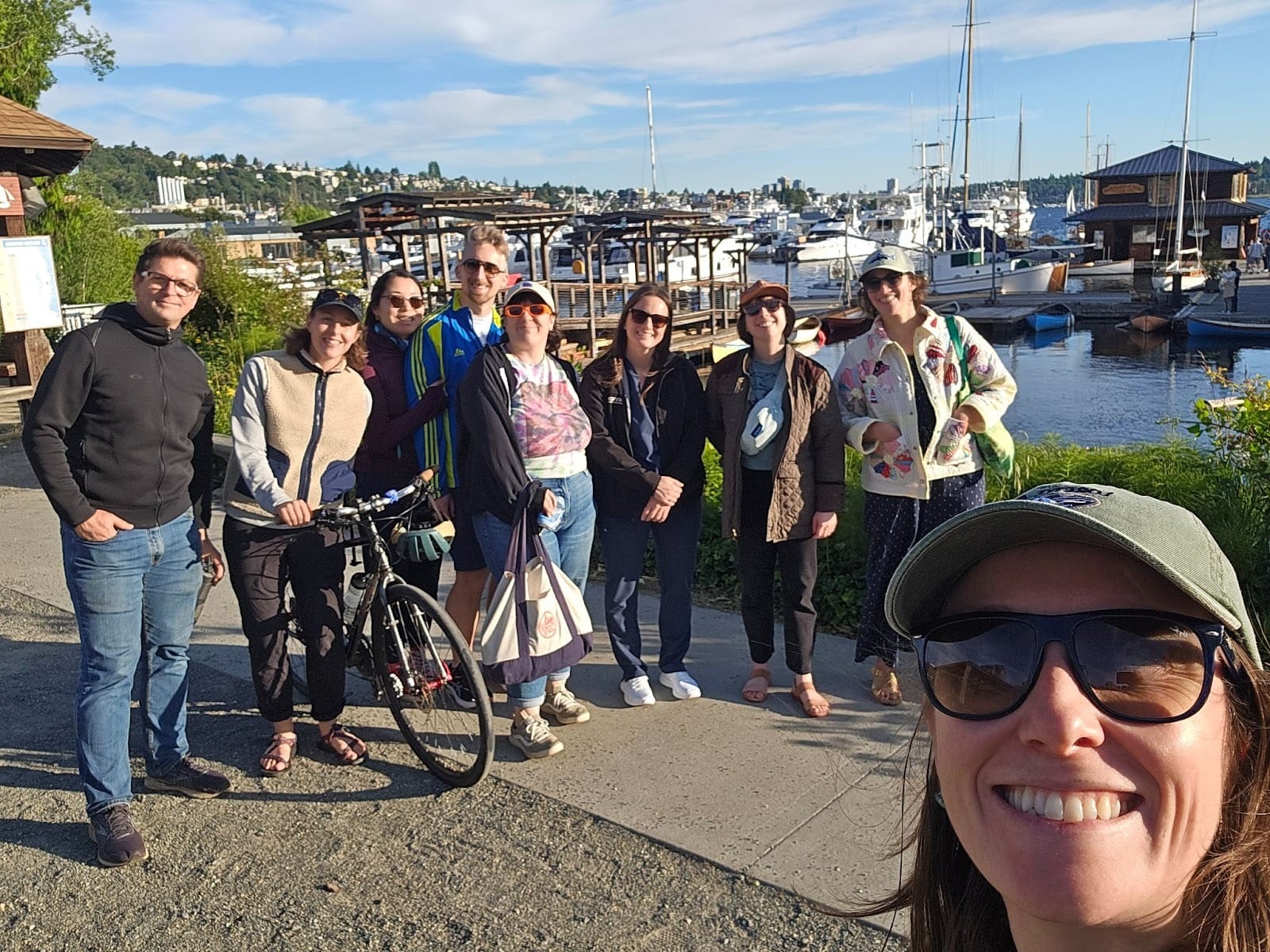
I've viewed tours as another medium for journalism where I'm able to share news and information as it’s developing. That’s sometimes easier than writing an article when I have limited capacity. For example, there is a new waterfront Native Canoe Center that’s going to be built in the park where I do the tours, but it has been in the works since 1996. They were supposed to break ground in the fall. They haven't yet, so right now I show tour attendees the design drawings. I'm really excited and hopeful that this season we’ll start to see them breaking ground.
Another topic that is very popular is about the hot tub boats in Seattle. There have been two companies running them for some time, and there is now a third hot tub boat company and a new floating sauna company. So those are the new things that pop up and people have questions, and I’m able to do research and answer them in a pretty quick cycle.
I also think tours can be a much more repeatable model than other events. So I’m hopeful I can create routines with audience participation and community partners that build on that so it becomes a really sustainable thing for me and Future Tides.
I’m working on my two-year strategic plan, so I’m thinking about that, but not too far ahead. A big part of my vision is this idea of Future Tides being “journalism as a service,” and that has to be really valuable. So I want to continue to provide a service that is valuable to the audience and the community, and that will change over time.
I’m excited and energized about these more in-person elements. I want to deliver a very strong digital product, but also create a sense of community that people are craving. We can build that through semi-regular meetups, through the tours. The same way I'm trying to fill a gap with the digital news, I can also fill a gap with events.
There are a lot of people bringing parts of this community together, so I’d also like to find ways to collaborate with other community organizers. I personally hope that Future Tides can fall into a nice seasonal rhythm that eventually expands to being on the water more during the spring to fall, and then the winter months being a time for deeper reports or relationship building. That's a cadence that I used to have when I worked in community boating that I miss. I think it also reflects how a lot of people live here both recreationally and commercially.
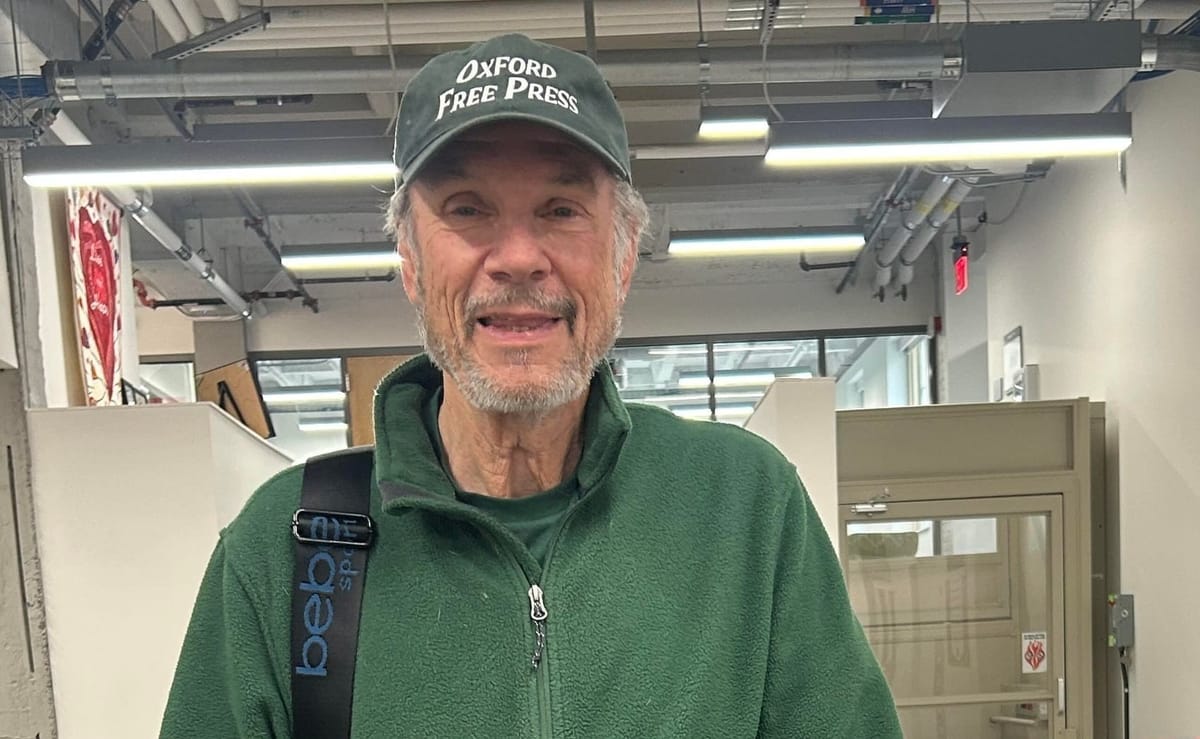
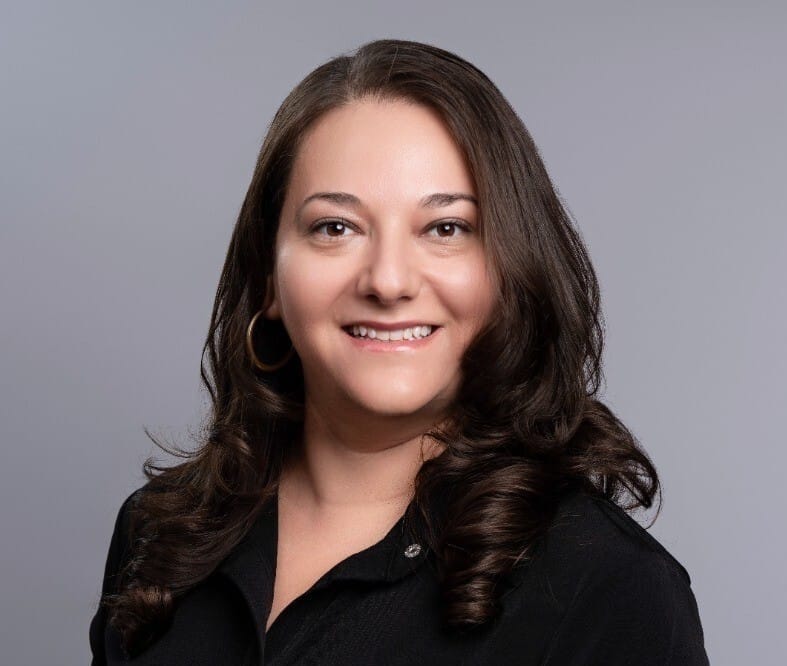
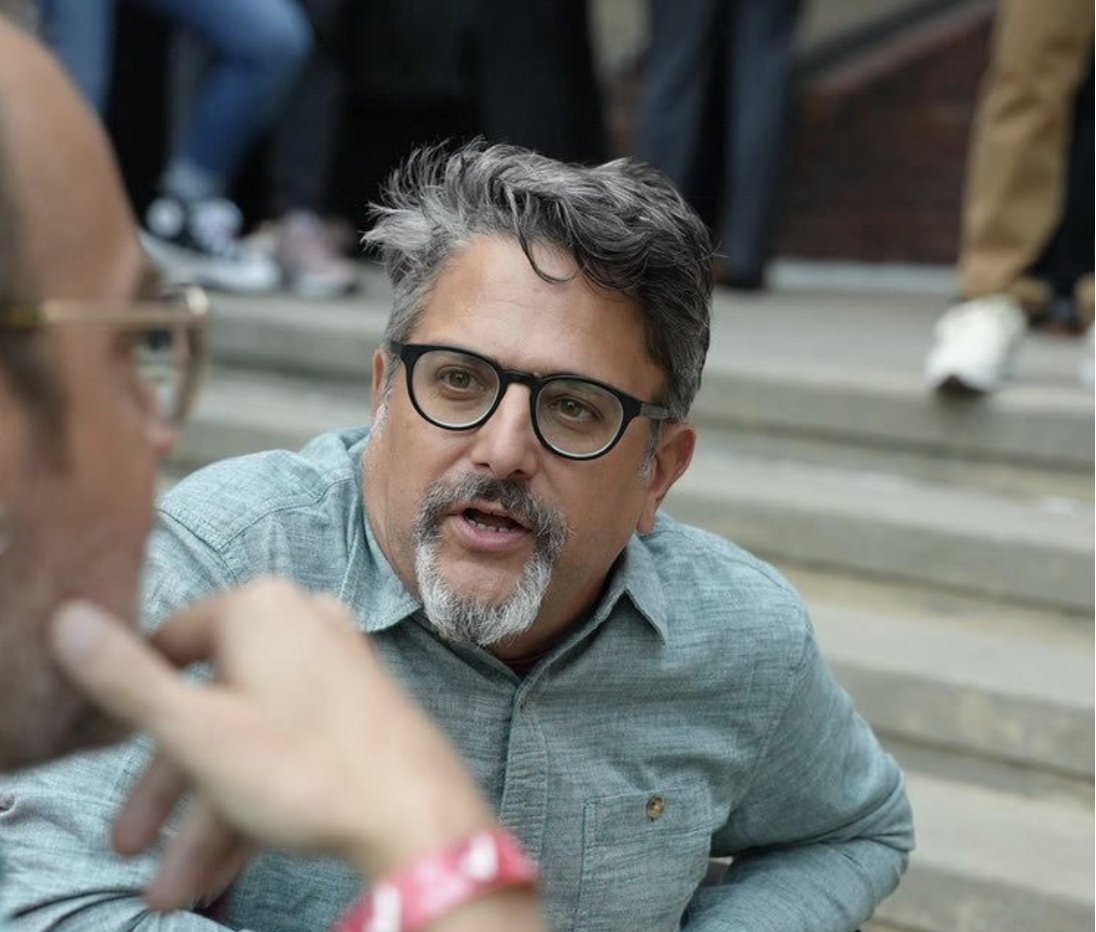
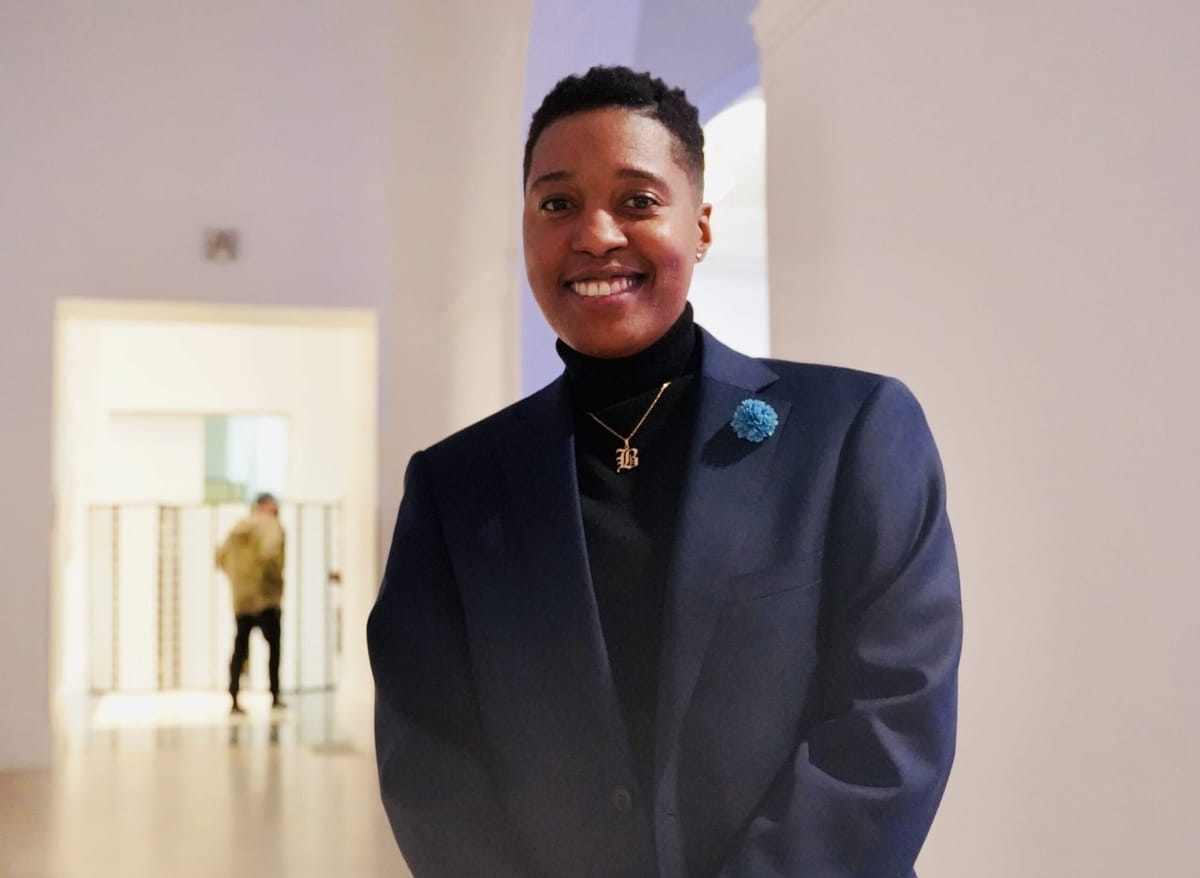
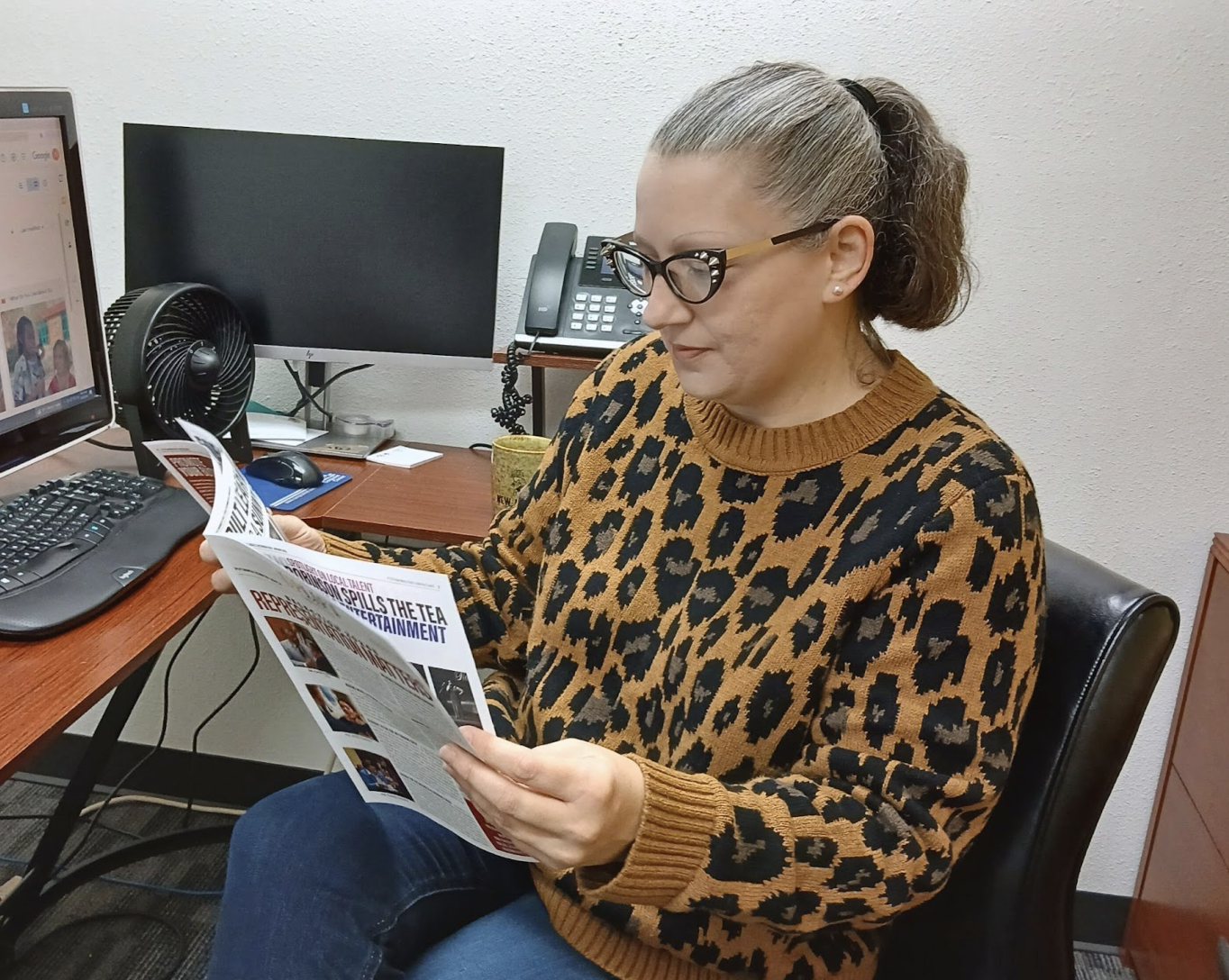
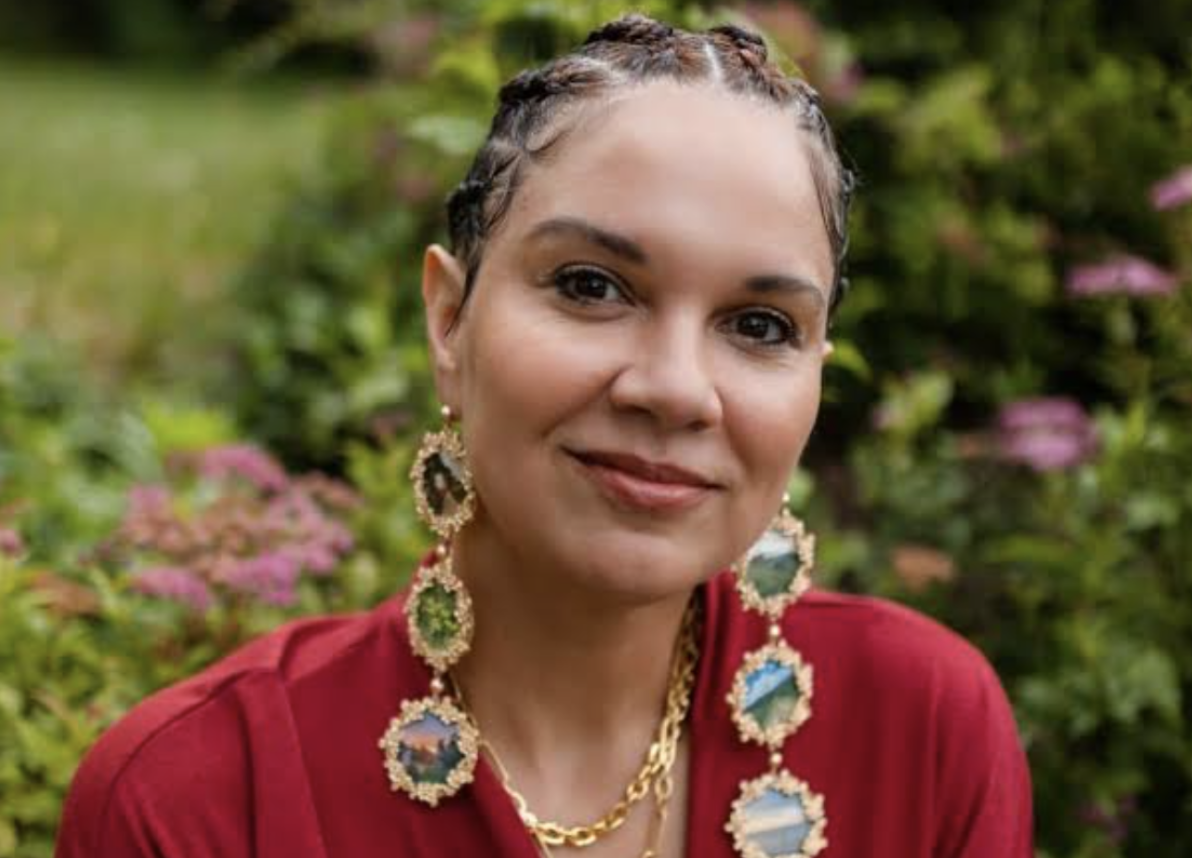
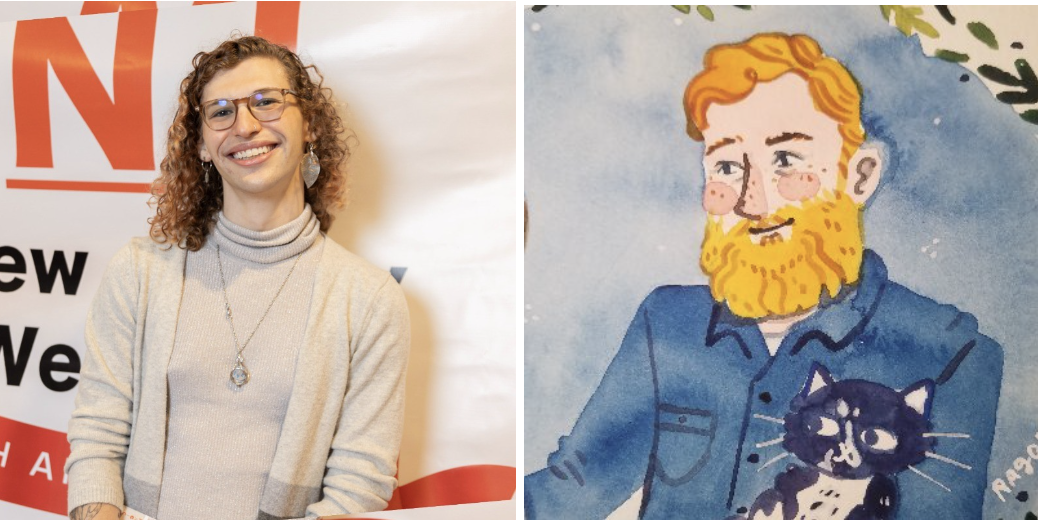
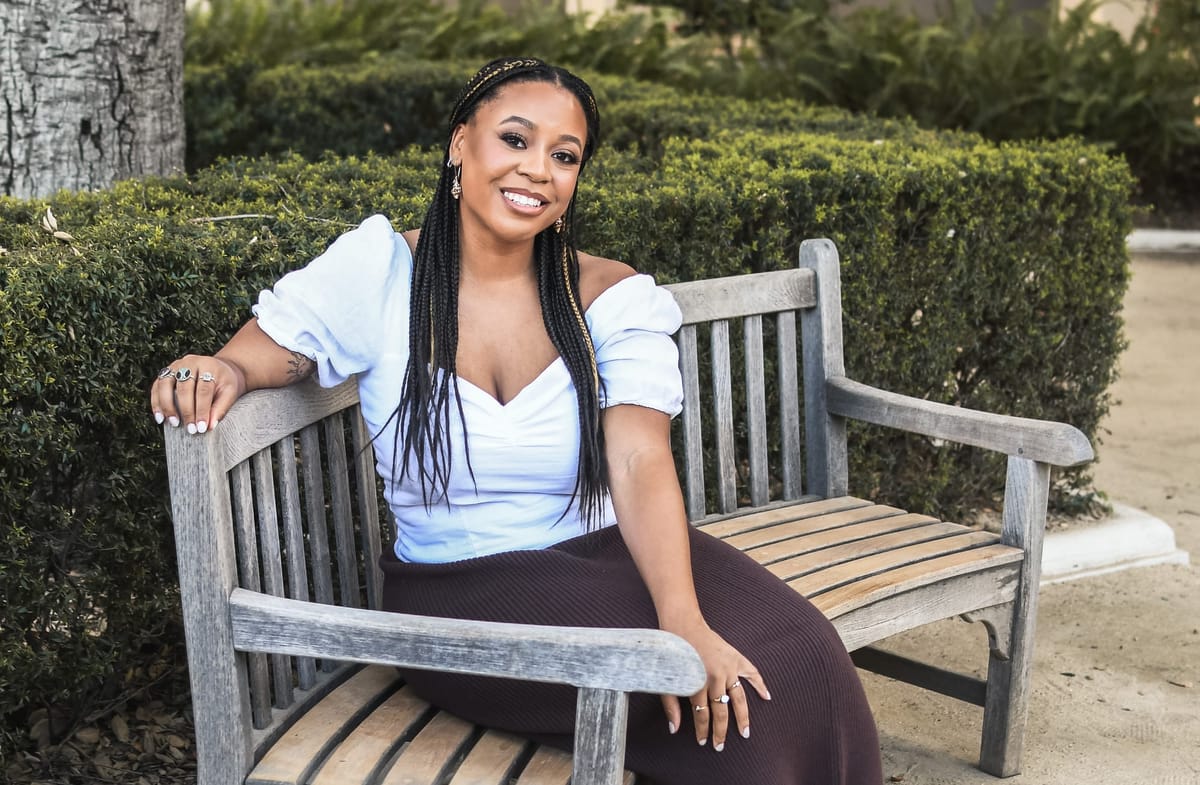
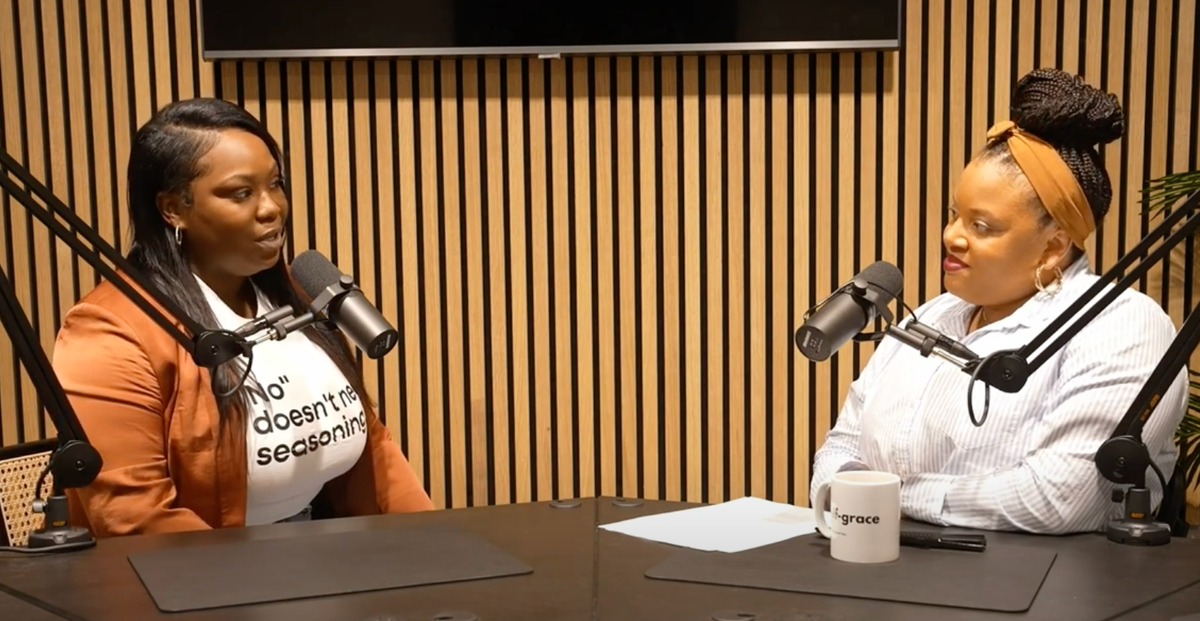
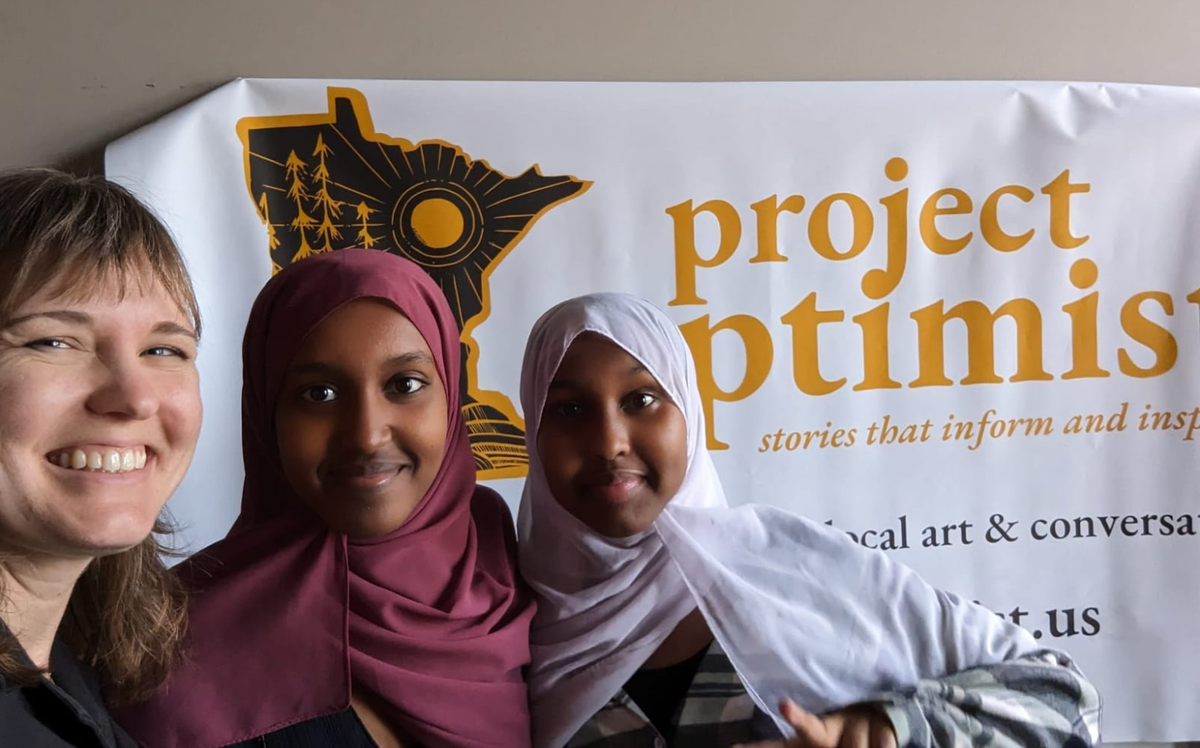
Sign up for our monthly newsletter for ongoing updates, announcements, and resources for newsroom entrepreneurs.